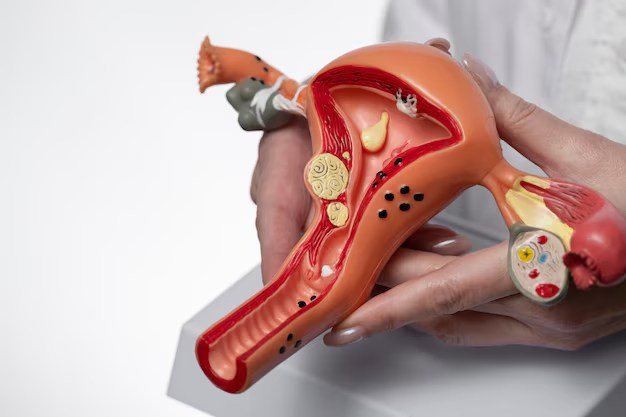Infertility Management
Home / Infertility Management
Home / Infertility Management
Struggling to start a family despite trying for a while can be emotionally draining, but you are not alone in this journey. Infertility is a common medical condition affecting many couples worldwide. If you and your partner have been attempting to conceive for over a year without success, it might be time to explore infertility management options.

Infertility is a complex condition with various causes, including issues with either partner or medical conditions that hinder a healthy pregnancy. However, infertility is not a hopeless situation. Thanks to modern medicine, several safe and effective treatments can help enhance your chances of getting pregnant.
The most obvious sign of infertility is the inability to conceive after a year of regular, unprotected intercourse. However, there are other signs to watch for. Women may experience irregular or absent periods, while men may notice issues like erectile dysfunction or changes in hair growth.
If you’re wondering whether you may have fertility issues, a thorough medical evaluation is the first step. The infertility doctor will assess your medical and sexual history, along with your habits.
For men, a physical exam and sperm analysis are essential to check sperm health. Women typically undergo a physical exam, including a pelvic exam, to determine if ovulation occurs regularly and if the ovaries are releasing eggs. Additional tests like hormone assessments, ultrasounds, and X-rays may be needed to check the health of the ovaries, uterus, and fallopian tubes.
In some cases, infertility may be due to problems with ovulation, blocked fallopian tubes, or sperm issues. However, in about 5-15% of cases, no clear cause is identified.


If you’ve been trying to conceive without success, it’s essential to consult a doctor for infertility management. Women should consider seeing a specialist if they experience:
Irregular or absent menstrual cycles
Painful periods
History of fertility problems
Diagnosed conditions like endometriosis or pelvic inflammatory disease
Multiple miscarriages
Cancer treatments
The causes of infertility vary between men and women. Let’s break it down.

This can result from undescended testicles, infections, diabetes, or genetic conditions.

Problems like premature ejaculation or blockages in the reproductive organs can prevent sperm from reaching the egg.

Long-term exposure to chemicals, smoking, alcohol, and even high temperatures can reduce sperm production.

Chemotherapy and radiation can harm sperm production or damage reproductive organs.

Talk to Dr Sukhamoy Barik, the best Gynecologist in Kolkata, to clear your doubts and decide the best treatment options.

Conditions like polycystic ovary syndrome (PCOS), thyroid imbalances, or excessive prolactin can disrupt egg release.

Problems such as polyps or fibroids can block the fallopian tubes or interfere with embryo implantation.

Often caused by infections, endometriosis, or pelvic inflammatory diseases, blocked fallopian tubes prevent the egg and sperm from meeting.

This condition affects the uterus, fallopian tubes, and ovaries, leading to infertility.

Scar tissue from infections or surgeries can interfere with reproductive function.

Cancer or cancer treatments can damage reproductive organs and impact fertility.

When the ovaries stop functioning before age 40, it can cause infertility.
If you’re struggling to conceive, Dr. Sukhamoy Barik, an experienced gynecology doctor in Dumdum , offers compassionate care and advanced treatments to address various infertility problems. Whether you’re facing male or female infertility challenges, our comprehensive infertility management options can help increase your chances of success.Contact Today!!
The three main treatments for infertility are fertility medications to stimulate ovulation, assisted reproductive technologies (ART) like in vitro fertilization (IVF), and surgical interventions to correct anatomical issues. Intrauterine insemination (IUI) is also a common option.
To prevent infertility, it’s essential to maintain a healthy lifestyle, avoid smoking and excessive alcohol consumption, and manage chronic health conditions like diabetes or obesity. Practicing safe sex to prevent sexually transmitted infections (STIs) can also protect fertility.
The first infertility treatment often involves fertility medications, such as Clomiphene or Letrozole, which stimulate ovulation. If medication alone is not effective, other treatments like IUI or IVF may be considered.
There are two main types of infertility: primary infertility, where a couple has never conceived, and secondary infertility, where a couple has difficulty conceiving after having previously conceived. Both types may require different approaches to diagnosis and treatment.
Five common causes of infertility include ovulation disorders, blocked fallopian tubes, low sperm count or motility, uterine abnormalities, and age-related decline in fertility. Hormonal imbalances and lifestyle factors like smoking or obesity can also contribute.